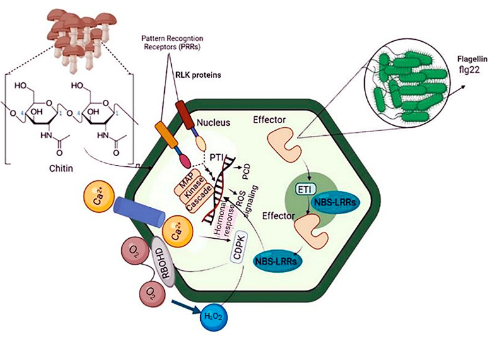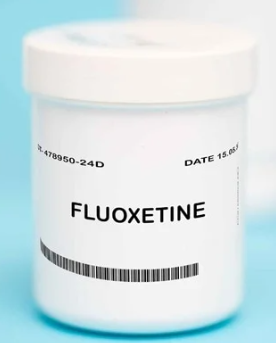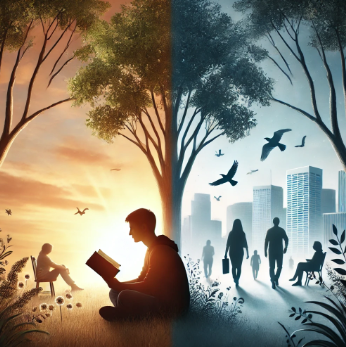ChatGPT Outperforms Therapists in Key Areas, Study Finds
New York: A recent study published in PLOS Mental Health has revealed that ChatGPT-4 matches or even surpasses human therapists in key aspects of psychotherapy, such as empathy, cultural competence, and therapeutic alliance. The research investigated whether individuals could differentiate between responses provided by expert therapists and AI in couple therapy scenarios.
Findings showed that participants correctly identified human responses only 5% more often than AI-generated ones, indicating that distinguishing between the two was nearly a matter of chance. Moreover, ChatGPT’s responses were rated higher on all therapeutic factors compared to those from human professionals.
The study highlights AI’s potential in mental health care, but researchers caution that its role should be carefully supervised and integrated into therapeutic settings alongside human professionals.
Study: AI Can Match or Exceed Therapists in Couple Therapy
A groundbreaking study published in PLOS Mental Health has found that ChatGPT-4 delivers psychotherapy responses that rival human experts in effectiveness.
The research involved 13 therapists with extensive experience in couple therapy and a diverse panel of 830 survey participants from the U.S. The study compared AI-generated responses with those from human professionals and found that ChatGPT-4’s responses were rated more empathetic, culturally competent, and effective.
Interestingly, when participants believed a response came from a human, they rated it more favorably—highlighting an attribution bias. Even when responses were misattributed, ChatGPT’s messages still performed better in key therapy metrics.
Experts suggest that as AI integration in psychotherapy grows, mental health professionals must become more literate in machine learning and ensure that AI tools are used ethically and effectively.
Can AI Be Your Therapist? Study Shows ChatGPT-4 Rivals Human Professionals
Artificial Intelligence may be reshaping mental health care, as a new study in PLOS Mental Health suggests that ChatGPT-4 can generate psychotherapy responses that outperform human experts in various key areas.
The study tested whether people could differentiate AI-generated couple therapy responses from those written by professional therapists. Surprisingly, participants could correctly identify therapists’ responses only slightly better than chance, and ChatGPT-4’s responses were rated more effective overall.
While the findings highlight AI’s growing capabilities in psychotherapy, researchers warn that mental health professionals must oversee AI deployment to ensure ethical and effective integration into therapy.







